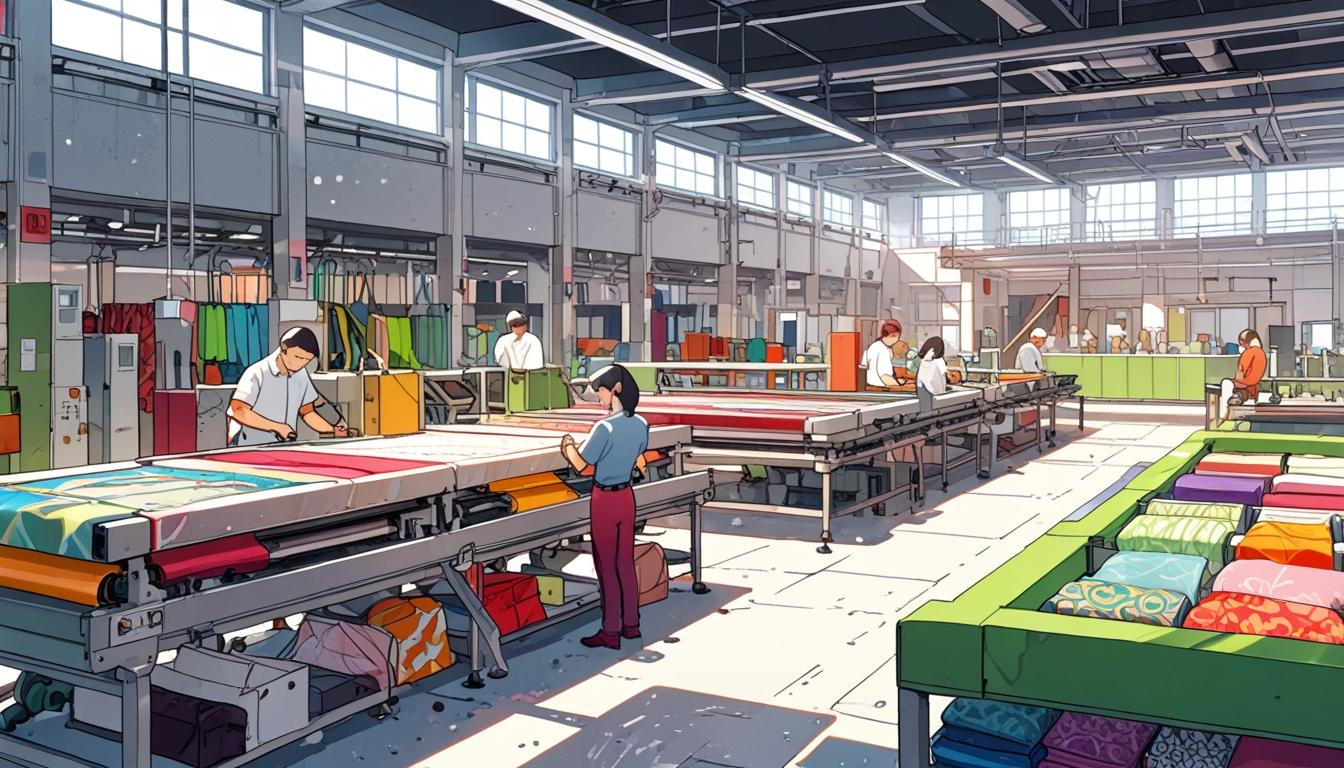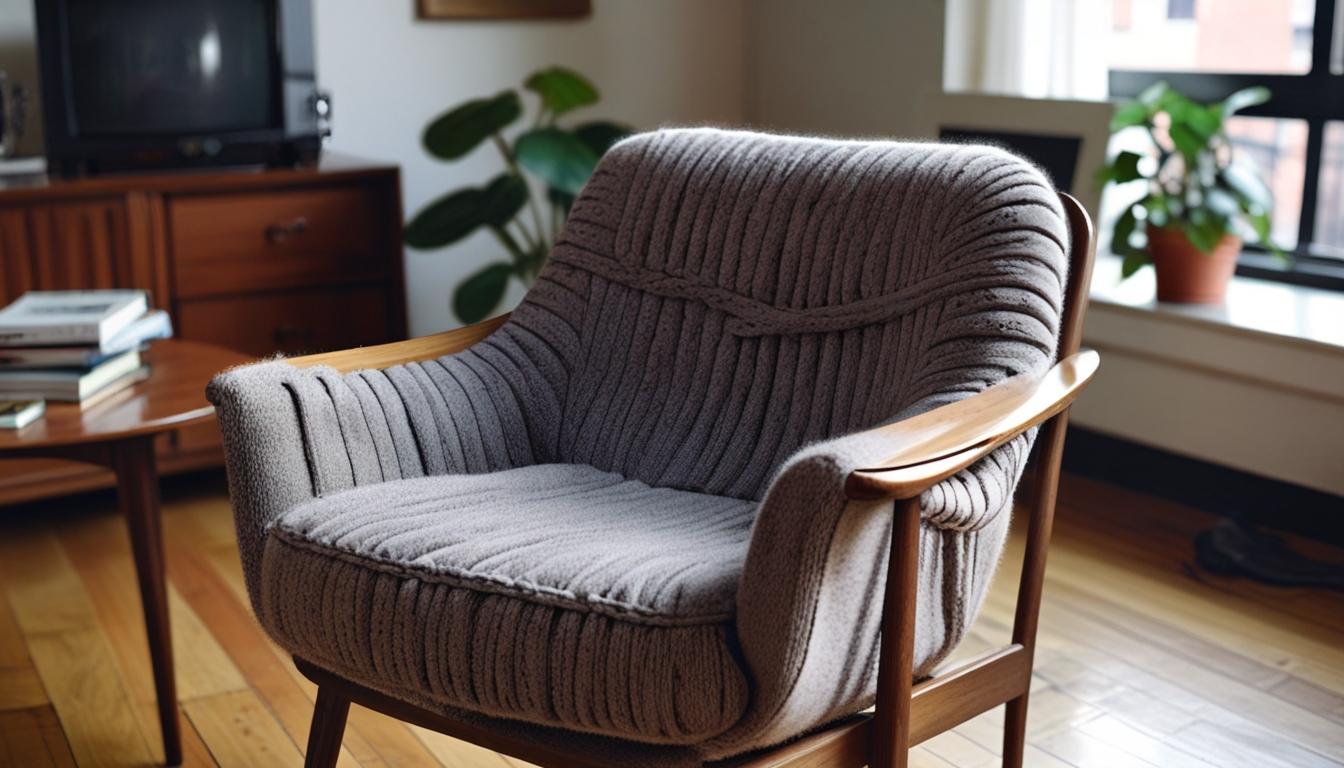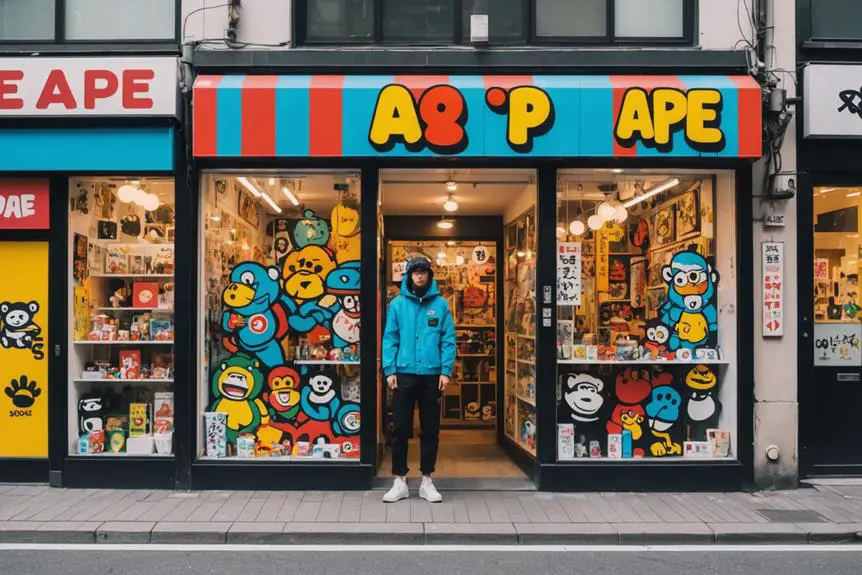Frankfurt: Reju has inaugurated its Regeneration Hub Zero to tackle the textile industry’s sustainability issues, aiming to transform waste management through innovative technology and collaborative partnerships, while significantly reducing carbon emissions across the sector.
In a significant development for the textile industry, Reju, a pioneering textile regeneration company, has officially launched its first operational facility, known as Regeneration Hub Zero, located in Frankfurt, Germany. This innovative facility aims to address the urgent need for sustainable practices in a sector that produced approximately 124 million tonnes of textiles globally in 2023, yet recycled less than 1% of them. The establishment of the hub represents a critical step towards constructing a circular and sustainable textile fibre system.
Reju’s business model is designed to balance sustainability with profitability, claiming a carbon footprint that is 50% lower than that of virgin polyester. The company’s CEO, Patrik Frisk, elaborated on the necessity for a collaborative approach among various stakeholders, which includes Waste Management, a public-listed company, and Goodwill, a nonprofit organisation focused on employment opportunities. “Waste Management’s – a public-listed company… They have to make money! Goodwill is a nonprofit but is in the business of putting people to work. And we, of course, need to be profitable to build factories. How do you make sure everybody wins in that equation?” Frisk stated, highlighting the complexities of these partnerships.
The Regeneration Hub Zero aims to kickstart deliveries in 2025, focusing on recovering, collecting, and sorting textiles. Reju is positioned to redefine sustainability in the textile industry, moving beyond mere recycling. Frisk commented on the scalability of Reju’s initiative, stating, “What’s really needed here is an entirely new system, not just a single solution… To address this, you need a system that can manage it within a framework of circularity.”
Reju utilises proprietary technology developed by IBM Research, which facilitates the separation of mixed materials like polyester and cotton—one of the industry’s longstanding challenges. Frisk maintained that “the biggest problem with waste is mixed materials,” and with Reju’s technology, these materials can be effectively separated and reintegrated into high-quality textiles.
The company’s innovative approach places a strong emphasis on creating a sustainable infrastructure to manage textile waste. Frisk remarked, “Yes, we’re in the business of recycling textiles. But ultimately, this is a problem of waste and overconsumption. What we’re doing is providing a solution for what already exists while creating a model for sustainable consumption in the future.”
Reju also benefits from the expertise of its parent company, Technip Energies, which brings extensive knowledge in waste management, chemical engineering, and construction. Alain Poincheval, COO of Reju, stated, “Technip Energies brings unrivaled expertise… We’re accelerating climate solutions by combining engineering capabilities with cutting-edge technology to create a less carbon-reliant economy.”
This initiative reflects a broader transformation in the fashion and textile sectors, where sustainable practices are becoming increasingly prominent. Frisk pointed to the example of Prada’s Re-Nylon 2020 program, illustrating the emergent industry-wide efforts toward sustainability. “Everything striving to improve the current situation is good,” he noted.
As Reju embarks on this journey with Regeneration Hub Zero, the company aims to catalyse a shift in how textiles are perceived and handled throughout their lifecycle, melding environmental responsibility with economic viability. The focus on polyester—the primary material in numerous products, from fashion items to upholstery—demonstrates Reju’s commitment to utilising technology and collaboration to foster meaningful change within the textile industry.
Source: Noah Wire Services




